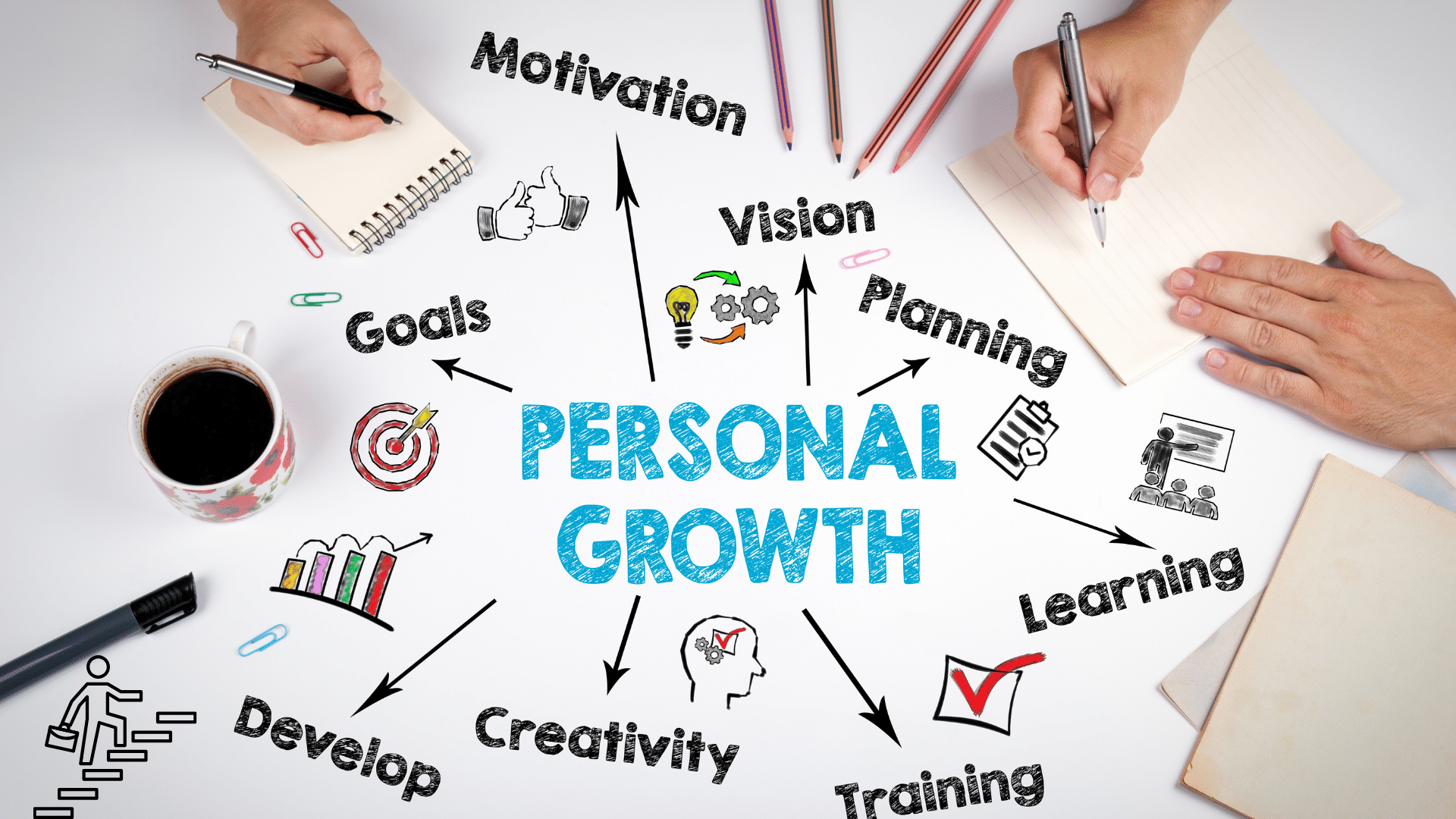Creating Your Personal Development Plan for Adult Life
A Personal Development Plan (PDP) is a roadmap for your growth. It helps you identify your strengths, pinpoint areas for improvement, and set clear goals to achieve your full potential in various aspects of your adult life. It’s a dynamic tool that evolves with you!
Step 1: Self-Assessment – Where Are You Now?
Before you can plan where you’re going, it’s vital to understand where you currently stand. Take some time for honest self-reflection.
- Strengths: What are you good at? What comes naturally to you? (e.g., problem-solving, empathy, organisation, creativity).
- Weaknesses/Areas for Improvement: What challenges do you face? What skills or habits would you like to develop? (e.g., public speaking, time management, dealing with stress).
- Values: What truly matters to you? (e.g., family, integrity, creativity, financial security, community, continuous learning). Aligning your goals with your values increases motivation.
- Aspirations: Where do you see yourself in 1, 5, or 10 years? What kind of person do you want to become?
- Current Satisfaction Levels: Rate your satisfaction (e.g., 1-10) in different life areas (career, relationships, health, finances, personal growth). This helps identify priority areas.
Step 2: Define Your Key Areas of Development
Think about the different facets of your adult life. Here are some common categories, but feel free to add or remove based on what’s important to you:
- Career & Professional Growth: Promotions, new skills, industry knowledge, networking, starting a business.
- Learning & Knowledge: New languages, certifications, reading more, understanding complex topics.
- Health & Well-being (Physical & Mental): Fitness goals, nutrition, sleep, stress management, mindfulness, mental resilience.
- Relationships (Personal & Social): Improving communication, nurturing friendships, strengthening family bonds, expanding social circle.
- Financial Management: Saving for specific goals, budgeting, investing, reducing debt.
- Personal Interests & Hobbies: Developing a new hobby, dedicating more time to passions, creative pursuits.
- Contribution & Community: Volunteering, mentoring, community involvement, making a positive impact.
Step 3: Set SMART Goals
For each area you want to develop, set SMART goals.
- Specific: Clearly defined, not vague.
- Measurable: You can track your progress and know when you’ve achieved it.
- Achievable: Realistic and within your reach, but challenging.
- Relevant: Aligns with your values and overall life aspirations.
- Time-bound: Has a clear deadline.
Examples:
- Vague: “Get better at my job.”
- SMART: “Complete the Project Management Professional (PMP) certification by December 31st, 2025, to enhance my career prospects in project leadership.”
- Vague: “Be healthier.”
- SMART: “Exercise for 30 minutes, 4 times a week, and incorporate one new healthy recipe per week for the next three months to improve overall fitness and energy levels.”
Step 4: Create an Action Plan
Break down each SMART goal into smaller, manageable steps. What specific actions do you need to take to achieve your goal?
| Goal | Action Step 1 | Action Step 2 | Action Step 3 | Deadline | Resources Needed |
| PMP Certification | Research PMP course providers | Enrol in chosen course | Dedicate 2 hours/day to study | By 30/09/2025 | Course materials, quiet study space |
| Exercise & Healthy Eating | Join local gym/class | Plan weekly exercise schedule | Find 1 new healthy recipe each week | Ongoing | Gym membership, recipe websites |
Step 5: Track Your Progress & Review Regularly
A PDP isn’t a one-and-done document. It needs to be reviewed and updated.
- Weekly Check-ins: Briefly review your action steps. What did you accomplish? What challenges arose?
- Monthly Reviews: A more in-depth look. Are you on track with your goals? Do any need adjusting?
- Quarterly/Annual Reviews: A comprehensive review of your entire plan. Are your goals still relevant? Have your values changed? Celebrate achievements and set new aspirations.
- Document Everything: Keep a journal, use a digital tracker, or simply update this document. Seeing your progress can be incredibly motivating.
Step 6: Maintain Motivation & Overcome Obstacles
- Celebrate Small Wins: Acknowledge your progress, no matter how small.
- Accountability: Share your goals with a trusted friend, mentor, or even a coach.
- Learn from Setbacks: Don’t get discouraged by missed targets. Understand why it happened and adjust your plan.
- Flexibility: Life happens! Be prepared to adapt your goals and timelines if circumstances change.
- Self-Care: Ensure you’re looking after your physical and mental well-being to sustain your efforts.
Remember, this is your plan. It should reflect your unique aspirations and values. Start small, be consistent, and enjoy the journey of continuous personal growth!

